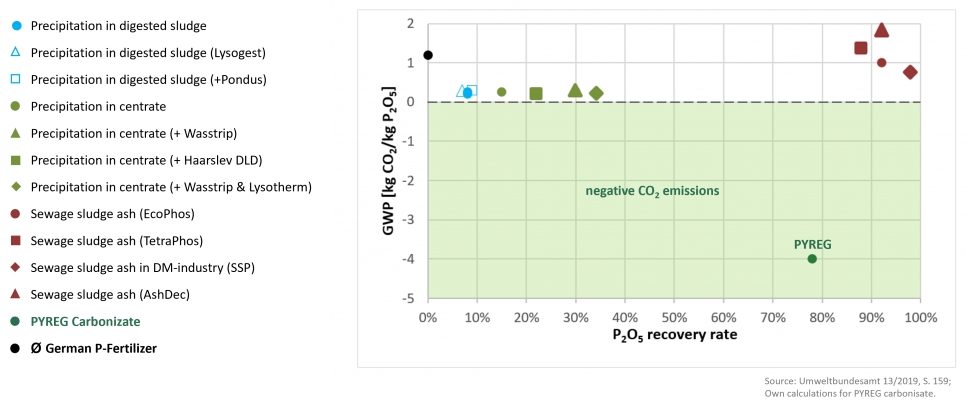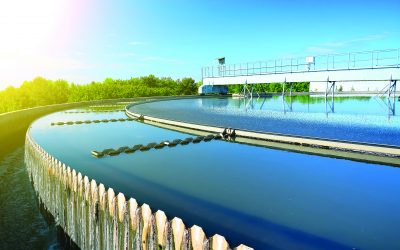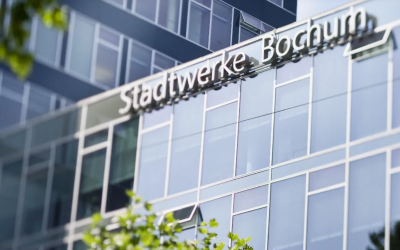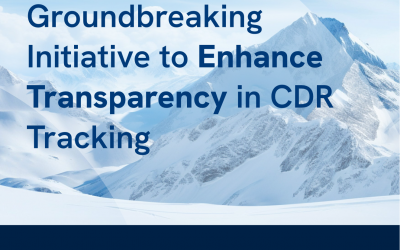PYREG Biochar from biosolids proves a negative global warming potential by a factor of 10 compared to conventional fertilizer.
In a 2019 study by the German Federal Environmental Agency, the result is that conventional fertilizer production in Germany emits about +1.2 kg CO2 eq/kg P2O5. Furthermore, phosphate recovery processes like precipitation (in digested sludge or centrate) or sewage sludge ash also demonstrably cause CO2 emissions.
In comparison to the global warming potential (GWP) of these processes, PYREG biochar from biosolids has a negative GWP of –4,01 kg CO2 eq / kg P2O5. Consequently, the recovery of phosphate within the PYREG process and the final application of the biochar contributes to fight global warming and reaching net zero.
In addition to that the phosphate recovery rate of PYREG biochar from biosolids is nearly 80 %, which is in the range of other thermal treatments and far better than precipitation processes with <40 % recovery rate.
Sources:
UBA TEXTE 13/2019: Ökobilanzieller Vergleich der P-Rückgewinnung aus dem Abwasserstrom mit der Düngemittelproduktion aus Rohphosphaten unter Einbeziehung von Umweltfolgeschäden und deren Vermeidung, Forschungskennzahl 3716 31 330 0 UBA-FB 002759, ISSN 1862-480
Kratz, Schnug (2009): Zur Frage der Löslichkeit und Pflanzenverfügbarkeit von Phosphor in Düngemitteln JOURNAL FÜR KULTURPFLANZEN, 61 (1). S. 2–8, 2009, ISSN 0027-7479 VERLAG EUGEN ULMER KG, STUTTGART
Koch, Bernhard (2021): Gefäßversuch zur Phosphorverfügbarkeit aus Klärschlammrecyclaten, Landesbetrieb Landwirtschaft Hessen, DPP Forum 2021 Frankfurt
EVS 2019: Experimenteller Nachweis der Cadmiumentfrachtung während des Karbonisierungsprozesses von Klärschlamm
Kuzyakov 2015: Biochar stability in soil: Meta-analysis of decomposition and priming effects, GCB Bioenergy, DOI:10.1111/gcbb.12266
EBI Whitepapaper







0 Comments